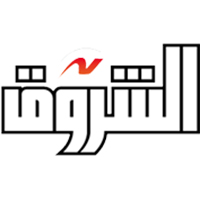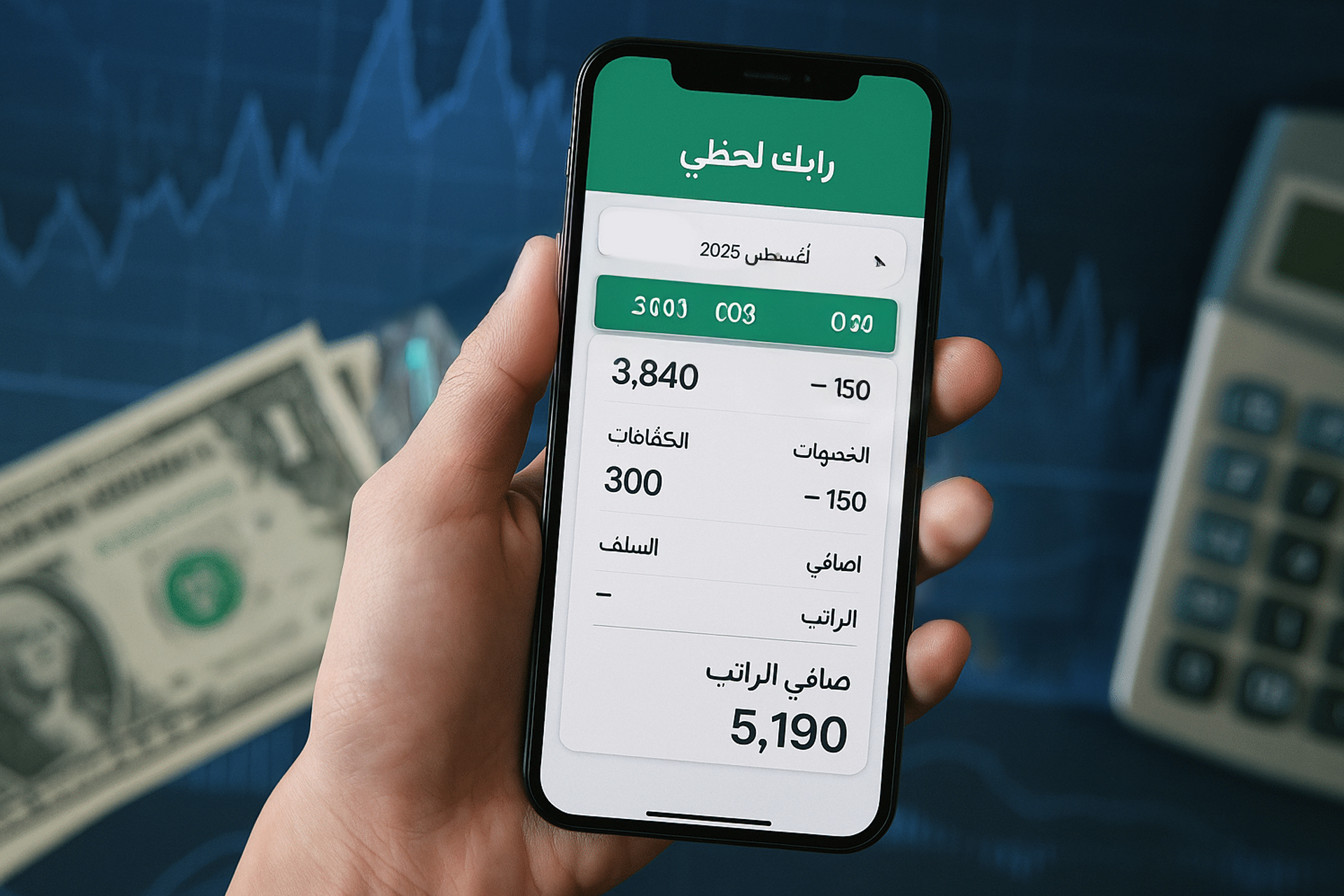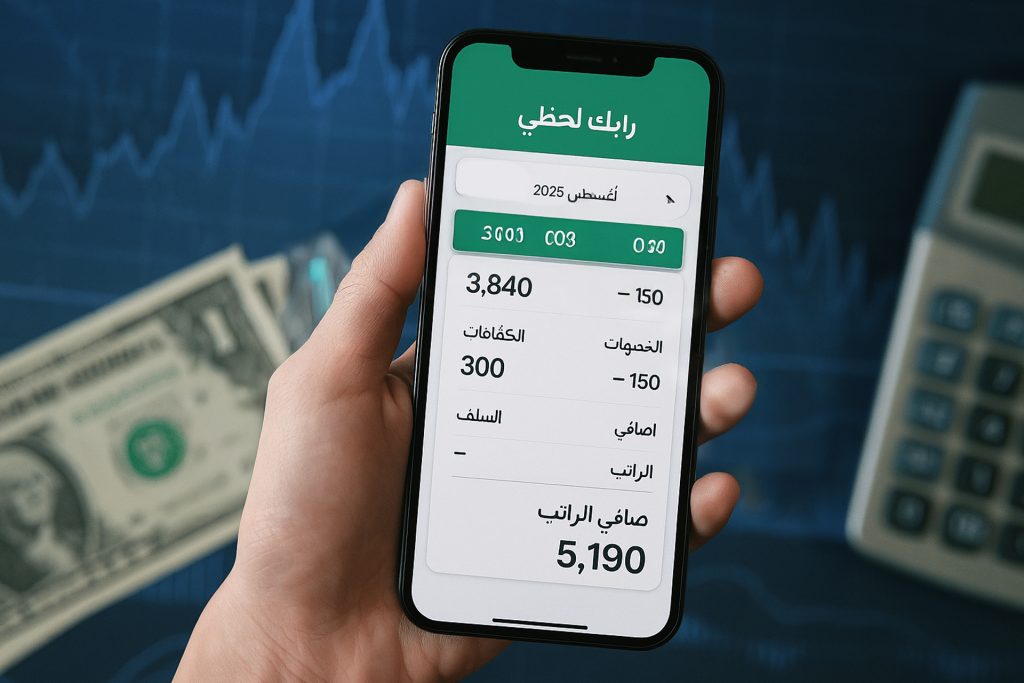Tripoli – At the end of last month, the Central Bank of Libya launched the “Your Instant Salary” system to transfer public sector employees’ salaries directly to their bank accounts instantly, aiming to reduce financial waste and enhance transparency.
Officials described the step as a “qualitative shift” in public money management, but questions remain about its actual effectiveness amid massive spending figures, corruption levels, and institutional division that characterize the Libyan scene.
Data from the Administrative Control Bureau for January 2025 indicate that the number of public sector employees reached 2,099,000, while the wage bill rose from 33.1 billion Libyan dinars (6.1 billion USD) in 2021 to 67.6 billion dinars (12.46 billion USD) in 2024, an increase of over 104% in just four years.
According to World Bank figures from last spring, the wage bill represents 31.3% of GDP, one of the highest rates in the region, reflecting a heavy burden on the general budget, especially given the near-total reliance on oil revenues.
The 2024 Corruption Perceptions Index issued by Transparency International in February 2025 ranked Libya 173 out of 180 countries, scoring 13 out of 100, highlighting weak governance and lack of transparency in public resource management.
Economic analysts believe any new digital system will not achieve its goals without accompanying institutional reforms to limit favoritism and manipulation of employment data, noting Libya’s administrative history is full of modernization attempts that ended without tangible results due to lack of accountability.
Before launching “Your Instant Salary,” salaries were mostly disbursed through paper procedures or manual transfers, leading to delays and payments to deceased or fictitious employees, in addition to difficulty in immediate auditing.
The Central Bank of Libya confirms that by the end of July 2025, the new system matched about two million accounts, with an additional 700,000 accounts to be completed later, aiming to create an accurate employee database securely linked with the banking sector.
An IMF report (June 2025) points to a decline in real growth from 10% in 2023 to about 2% in 2024 due to reduced oil production, while the Libyan dinar lost 13% of its value in April 2025.
Despite the World Bank’s forecast of 12.3% GDP growth in 2025 supported by oil production rising to 1.3 million barrels per day, weak public spending efficiency and ongoing corruption remain major obstacles to financial sustainability.
The government says “Your Instant Salary” will help to:
However, economic experts warn that the project’s success depends on:
Reactions vary between welcoming the solution to chronic salary delays and concerns about complications in opening bank accounts or updating data, especially in remote areas suffering from weak banking infrastructure.
Social media posts indicate that the media and awareness campaign will be crucial for the project’s success, especially since citizens’ trust in government electronic systems remains limited due to previous failed or slow experiences.
The Audit Bureau and financial oversight experts demand quarterly reports including the number of matched accounts, achieved financial savings, details of objections, and their resolution mechanisms.
Observers believe this step, if coupled with accountability, could be the start of a real reform of the wage system, but ignoring transparency could turn the project into just another tool managing the same old problems.
Success of “Your Instant Salary” means saving billions of dinars and improving economic efficiency, while failure would mean wasting a rare opportunity to reform one of the country’s most sensitive expenditure files.














Recommended for you
Exhibition City Completes About 80% of Preparations for the Damascus International Fair Launch
Talib Al-Rifai Chronicles Kuwaiti Art Heritage in "Doukhi.. Tasaseem Al-Saba"
Unified Admission Applications Start Tuesday with 640 Students to be Accepted in Medicine
Egypt Post: We Have Over 10 Million Customers in Savings Accounts and Offer Daily, Monthly, and Annual Returns
His Highness Sheikh Isa bin Salman bin Hamad Al Khalifa Receives the United States Ambassador to the Kingdom of Bahrain
Al-Jaghbeer: The Industrial Sector Leads Economic Growth